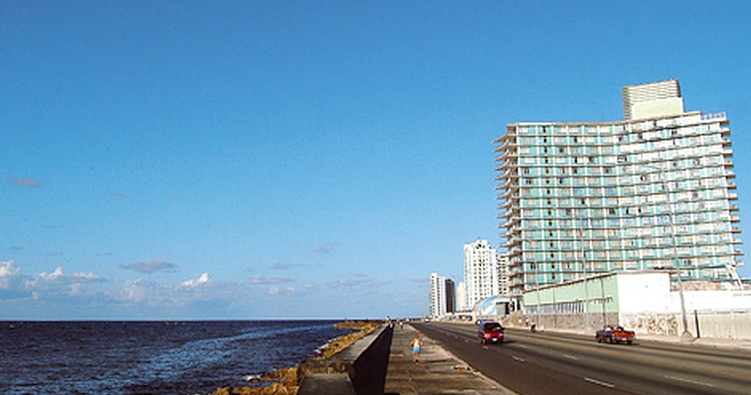Legendary gangster Meyer Lansky lost his Riviera Casino in Havana when the Castro government seized assets after the 1959 revolution there. Now that President Obama has set a course to normalize relations with the impoverished Latin American country off Florida’s coast, Lansky’s heirs want the casino back or to be compensated in cash for its value.
Nationalization is a process that occurs often in countries with a high turn-over rate in leadership, usually dictators who need a way to finance their government after the last failed coup raids the coffers. Cuba is different in that respect as Fidel Castro held power until a series of transitions to his brother Raul from 2006 to 2008.
With normalization of relations between the two countries, and in anticipation of a lifting of the trade embargo, Cuba has started discussing ways to settle claims from some 6,000 businesses and individuals who lost property when Castro seized power from then-President Fulgencio Batista. The casino industry there was seen as a symbol of corruption of the fallen government. Lansky was instrumental in building the industry in the “Las Vegas of the Caribbean”.
The Habana Riviera cost some $8 million to build and is still open as a state-run hotel in the socialist country.
This week U.S. State Department officials were in Havana negotiating on many decades old property claims and about $4 billion in civil judgments that have been awarded to U.S. citizens. The Lansky family had not filed a claim previously, but Lansky heir, Gary Rapoport of Tampa, told the Tampa Bay Tribune, “The hotel was taken from my grandfather forcefully,” said Rapoport. “Cuba owes my family money.
“We never filed a claim with the government or hired an attorney earlier because we didn’t think the door for negotiating would ever actually open. Now it is open.”
Analysis and speculation of a new casino industry rising in Cuba points to it being a lengthy process if at all possible.



